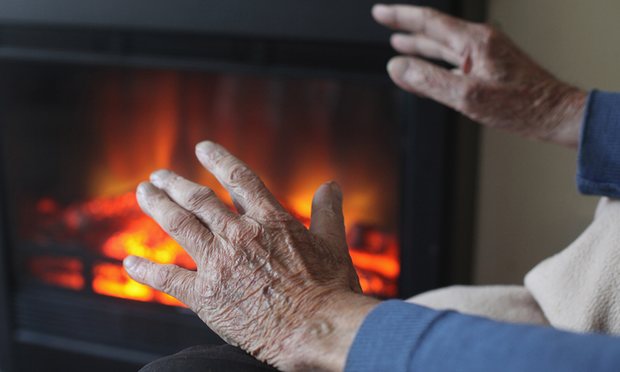Sadiq Khan’s pledge to establish a municipal energy company, Energy for Londoners, is one of his most striking mayoral election commitments. London will not be the first authority to set up such a not-for-profit company – Nottingham and Bristol got there first – but it will be the largest, and potentially the most ambitious.
The energy market is notoriously uncompetitive, dominated by the big six utility companies, whose pricing practices have led them to be investigated and criticised by the competition watchdog. Most consumers have little trust in these companies, but are reluctant to switch suppliers for a better deal.
At the IPPR, we’ve argued for local authorities, and London in particular, to set up municipally-owned energy companies that can supply electricity and gas at competitive prices and don’t have to distribute profits to private shareholders. By targeting those on low incomes, they can help tackle the problem of fuel poverty. With the big energy companies so widely distrusted, we believe the local authority “brand” can encourage otherwise reluctant low-income households to switch suppliers and save money.
Since Robin Hood Energy was launched by Nottingham city council in September 2015, it has become one of the cheapest suppliers in the East Midlands. By actively contacting customers and helping them move to the cheapest tariffs based on their energy use, Robin Hood confounds the logic of traditional suppliers with business models that rest on the inertia of their customers. This has not only benefited its own growing customer base, but has forced other companies to cut their prices to compete. Average tariffs are now approximately £87 cheaper in the East Midlands, and the region has moved from seventh to first place in terms of price competitiveness throughout England.
Bristol Energy has even wider goals. Fully open since earlier this year, the company aims not just to supply energy at competitive prices – it reckons its tariffs can save customers an average of £250 a year – but to invest in community-based renewable generation and ultimately in renewable heat supply as well. Bristol Energy forecasts a 12% return on the council’s investment after five years, rising to 35% after 10, with money reinvested for social good.
In Scotland a slightly different model is being pioneered. Our Power is a community benefit society established and owned by a number of local authorities and housing associations. It too aims to tackle fuel poverty through the supply of affordable energy, focusing on social housing tenants, and seeks to buy a minimum of 30% of its energy from renewable sources.
Can these new companies succeed?
In the short term, there seems little doubt that local energy companies with competitive prices, strong marketing plans, access to social housing customers and not-for-profit appeal will be able to gain a significant segment of local markets for gas and electricity. But two questions immediately arise.
How many such companies can the market sustain? Although each has a local base, all seek to be national players. There are already about 40 small companies in the energy market. For how many local authorities will this be a viable option? It is notable that Robin Hood is now offering its services to other councils under so-called “white labels”, where the company will use the local authority brand to market its energy products in their area. This may be a useful compromise.
And what happens when wholesale prices rise? Municipal and community-owned energy companies will have to raise their prices like anyone else. Will their customers understand the necessity of this, or do they then risk a sense of betrayal?
A new kind of energy system
If they can overcome these concerns, the potential for local companies to help build a new kind of energy system is significant. They could become genuine “energy services” companies. The demise of the government’s green deal has left a hole in the market for a scheme through which households can install energy efficiency measures and pay for them out of the long-term savings in their energy bills. Local energy companies could fill the gap.
They could also support investment in local renewables projects. The government’s slashing of wind and solar subsidies and removal of investment incentives has left many community energy projects struggling for profitability and finance. Local energy companies could offer long-term contracts and investment.
Such companies could also invest in demand-management technologies, such as smart grids and electricity storage. In the new energy world, it will often be cheaper and more efficient to flex demand than provide more power. And they could begin to change the heat sector: district heating systems based on renewable energy sources are likely to be required to meet more stringent carbon targets; backed by local authorities, the new companies could be the pioneers.
None of this will be either cheap or easy. No business is guaranteed to succeed, and it would only take one of these companies to fail to deal a blow to the new spirit of municipal enterprise. But success could herald a dramatic change in the make-up of the UK’s energy market.
Michael Jacobs is visiting fellow and acting associate director for energy, transport and climate at the Institute for Public Policy Research (IPPR), which has just released a report on community and local energy.
